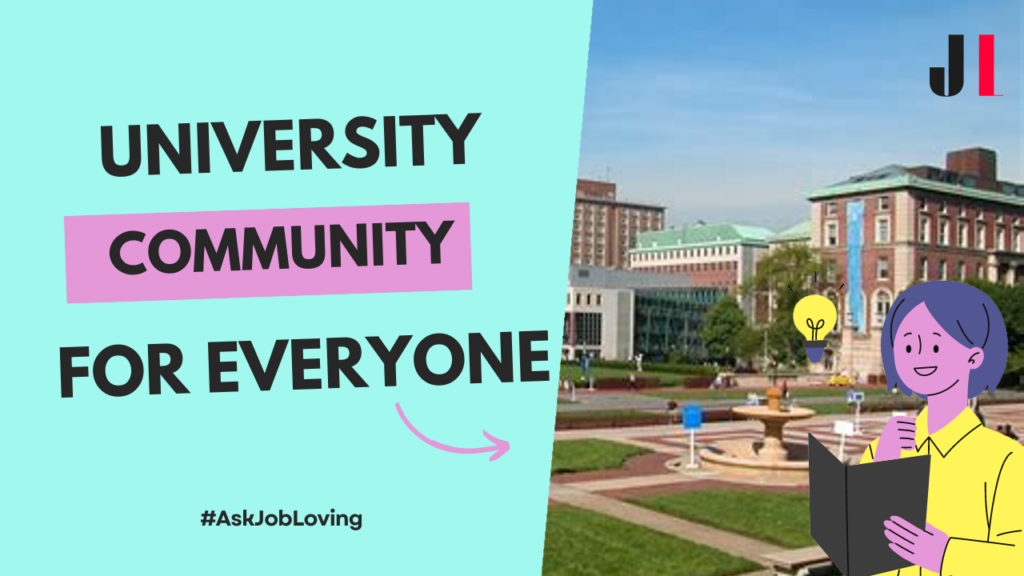How Much to Buy Your Way Into Columbia University?
When it comes to elite institutions like Columbia University, the question of whether money can play a role in gaining admission often arises. However, let’s be clear: there’s no fixed price tag like buying a ticket to a concert. Gaining admission to Columbia involves a multifaceted approach that factors in academic performance, extracurricular activities, and yes, financial capabilities. But how exactly does money influence the equation? Let’s break it down.
First off, elite schools often consider donations as part of their financial aid strategies. So, if you happen to have an extra $100 million lying around, you might just pave your path to admission—though it’s not guaranteed. This kind of financial contribution can go towards scholarships or improving facilities, thereby enhancing the school’s prestige. But remember, even the largest donations can’t entirely buy your way in; admissions committees still seek well-rounded candidates with strong academic records and leadership qualities.
Moreover, as of the 2022-2023 academic year, Columbia offers free tuition for families earning less than $150,000 annually. This means that the emphasis has shifted somewhat from needing to throw money at the university towards offering substantial financial aid packages. Families making this income bracket might find themselves paying little to nothing for tuition—not bad when considering Columbia’s price tag.
Understanding the True Costs
While elite academic institutions like Columbia can’t be bought per se, there are associated costs beyond tuition that potential students need to consider. For instance, tuition itself may run over $50,000 annually for full-time students taking 12-18 credits each semester (that’s about $23,376 just for those 12 credits!). Beyond that, students also have living expenses which can range widely depending on lifestyle and location.
- Average Tuition (2023): Around $61,000 per year.
- Room and Board: Roughly $15,000-$20,000.
- Miscellaneous Expenses: Estimated at an additional $4,000 annually.
This brings the total cost of attendance into the upper echelons of around $80K annually—definitely a steep price!
Now you might wonder how wealthy families manage this expense. And it’s not just about writing a check; these families often engage in practices like legacy admissions—where previous generations have attended the university—or remarkable extracurricular achievements that catch attention beyond just grades and test scores. Thus, wealth provides added influence but is not solely responsible for guaranteeing entry into Columbia.
Final Thoughts on “Buying” Your Way In
In conclusion, while substantial monetary contributions can help improve your chances at Columbia University through enhanced resources or financial aid availability, they do not guarantee admission. The landscape of prestigious universities increasingly favors deserving candidates from all backgrounds. The best bet? Combine solid academics with unique talents and experiences while also exploring every available financial aid option.
If you want to dive deeper into how wealth intersects with admissions processes or seek tailored guidance on your journey to Columbia University, feel free to connect with us at the JobLoving community! We’re here to help you navigate your pathway to success.

